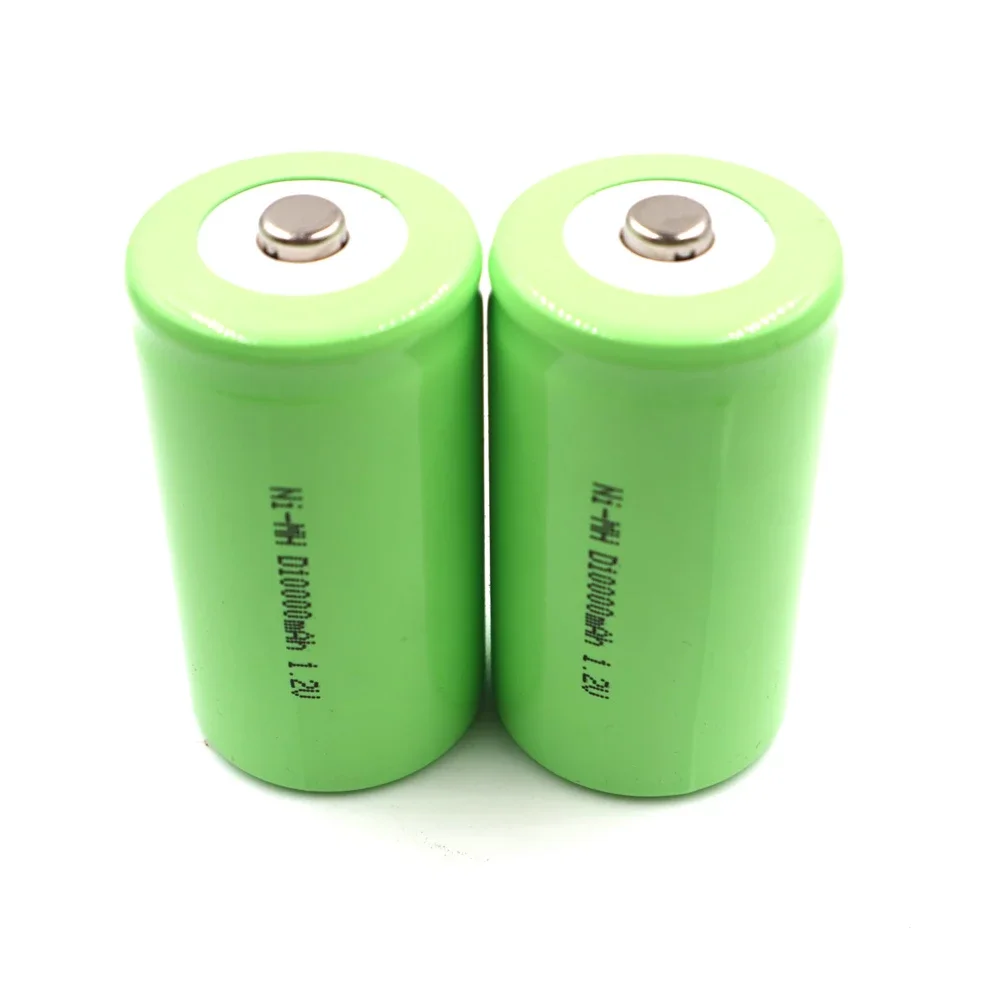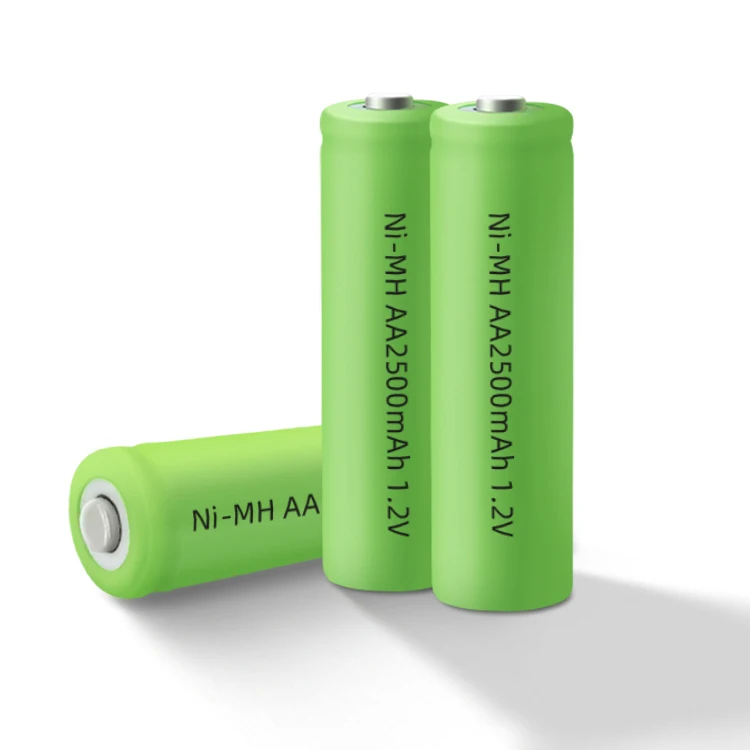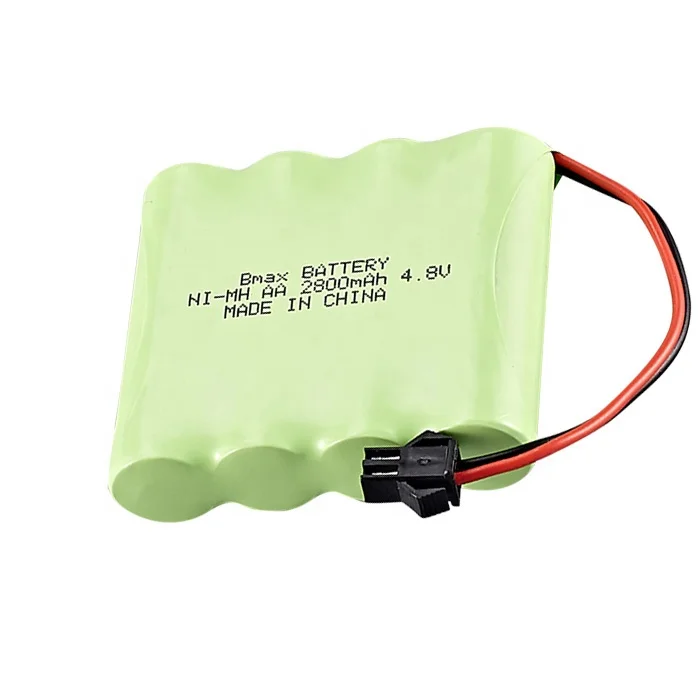In the realm of energy storage solutions, reliability and performance are paramount. Whether powering consumer electronics, automotive systems, or industrial equipment, NiMH (Nickel Metal Hydride) batteries must undergo rigorous testing to ensure they meet quality standards and performance requirements. In this comprehensive guide, we’ll explore the significance of NiMH battery testing, the testing processes involved, and why it’s crucial for businesses and consumers alike.
The Significance of NiMH Battery Testing
NiMH batteries are relied upon in various industries for their high energy density, long cycle life, and rechargeable capabilities. However, ensuring that these batteries perform as expected and meet safety standards requires comprehensive testing throughout the production process. NiMH battery testing serves several critical purposes:
- Quality Assurance: Testing verifies that NiMH batteries meet quality standards and specifications, ensuring that only reliable and safe batteries are released to the market.
- Performance Validation: Testing assesses the performance characteristics of NiMH batteries, including capacity, voltage, discharge rate, and cycle life, to ensure they meet the requirements of specific applications.
- Safety Verification: Testing helps identify potential safety hazards such as overheating, leakage, or overcharging, ensuring that NiMH batteries are safe to use in various environments and applications.
- Compliance with Standards: NiMH battery testing ensures compliance with industry standards, regulations, and certifications, such as UL (Underwriters Laboratories), IEC (International Electrotechnical Commission), and ANSI (American National Standards Institute) standards.
- Continuous Improvement: Testing provides valuable data for evaluating and improving battery design, manufacturing processes, and performance characteristics, driving innovation and advancement in NiMH battery technology.
NiMH Battery Testing Processes
NiMH battery testing involves a series of comprehensive processes designed to assess various aspects of battery performance and safety. Some common testing procedures include:
- Capacity Testing: Capacity testing measures the amount of energy a NiMH battery can store and deliver under specific conditions, ensuring that it meets the specified capacity ratings.
- Cycle Life Testing: Cycle life testing involves subjecting NiMH batteries to repeated charge and discharge cycles to assess their longevity and performance over time.
- High-Rate Discharge Testing: High-rate discharge testing evaluates the ability of NiMH batteries to deliver power at high discharge rates, simulating demanding operating conditions.
- Temperature Testing: Temperature testing assesses the performance of NiMH batteries under different temperature conditions, ensuring they operate safely and reliably across a range of temperatures.
- Safety Testing: Safety testing involves subjecting NiMH batteries to various stress tests, such as overcharge, short circuit, and crush tests, to evaluate their safety features and identify potential risks.
- Environmental Testing: Environmental testing assesses the performance of NiMH batteries under environmental conditions such as humidity, vibration, and shock, ensuring they can withstand harsh operating environments.
Benefits of NiMH Battery Testing
NiMH battery testing offers several benefits for manufacturers, suppliers, and end-users:
- Quality Assurance: Testing ensures that NiMH batteries meet quality standards and specifications, reducing the risk of product defects and failures.
- Reliability and Safety: Tested batteries are more reliable and safer to use, minimizing the risk of performance issues, malfunctions, and safety hazards.
- Performance Optimization: Testing helps identify areas for improvement and optimization in battery design, manufacturing processes, and performance characteristics.
- Compliance and Certification: Tested batteries are more likely to comply with industry standards, regulations, and certifications, enhancing market acceptance and regulatory compliance.
- Customer Confidence: Tested batteries inspire confidence among customers and end-users, leading to greater satisfaction, loyalty, and trust in the product and brand.
Conclusion
In conclusion, NiMH battery testing is a critical step in ensuring the reliability, safety, and performance of energy storage solutions across industries. By subjecting NiMH batteries to comprehensive testing processes, manufacturers can verify quality, validate performance, and ensure compliance with industry standards and regulations. For businesses and consumers, tested NiMH batteries offer peace of mind, reliability, and confidence in their energy storage investments. As the demand for energy storage solutions continues to grow, NiMH battery testing remains essential for driving innovation, sustainability, and advancement in battery technology.
If you’re seeking reliable and tested NiMH battery solutions for your business or application, [Contact Us] to learn how our tested batteries can meet your energy storage needs and exceed your expectations. Together, we can power a brighter and more reliable future with NiMH battery technology.


